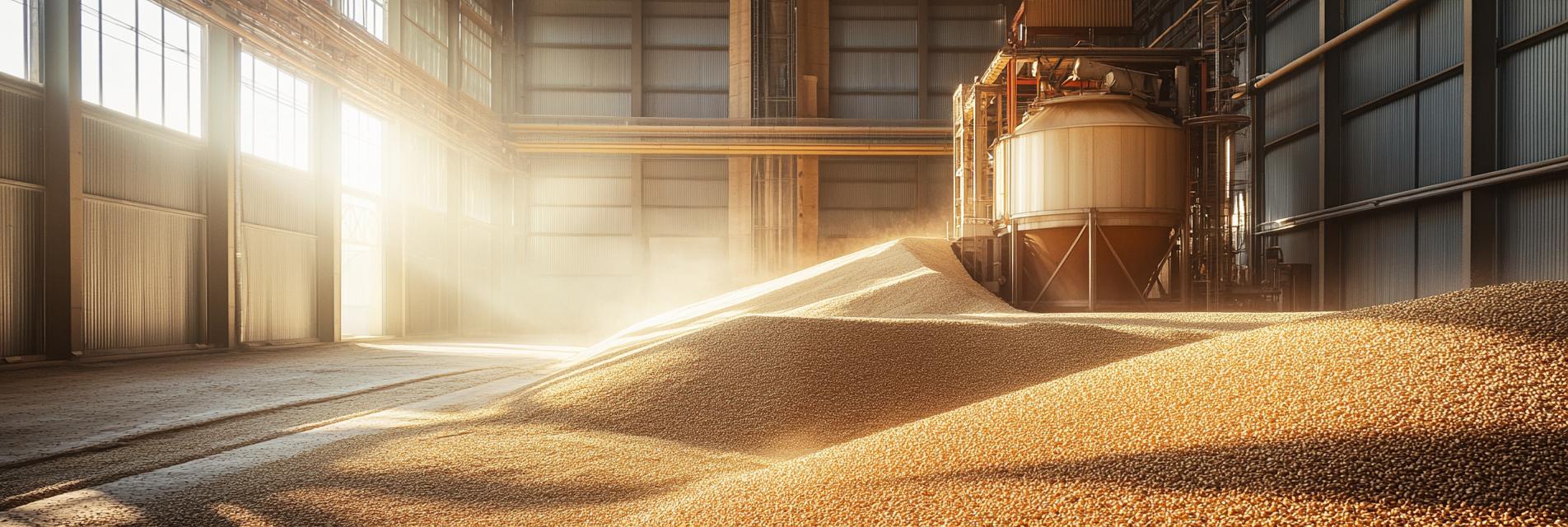In the agricultural sector, grain dryers play a crucial role in preserving the quality of harvested crops. However, without adhering to strict safety standards, these machines can pose risks that affect not only the product but also the safety of operators. This article delves into the key safety standards that high-quality grain dryers must meet to optimize performance and safeguard investments.
Safety standards in grain drying equipment are not merely regulatory requirements; they are essential for ensuring the longevity and efficiency of the equipment. Compliance with these standards helps mitigate risks associated with fire hazards, electrical failures, and mechanical malfunctions, thereby protecting both the investment and the individuals who operate the machinery.
Grain dryers must be constructed from durable materials that can withstand various environmental conditions. The equipment should be designed to prevent structural failure, which could result in hazardous situations.
Given the flammable nature of grains and the heat involved in drying processes, it is essential for grain dryers to be equipped with fire detection and suppression systems. These features are vital for minimizing fire risks and ensuring a safe working environment.
All electrical components should adhere to local and international electrical safety regulations. Proper grounding and circuit protection mechanisms must be implemented to prevent electric shocks and equipment damage.
Adhering to safety standards not only protects operators but also enhances the drying process itself. Compliance can lead to improved drying efficiency, reduced energy consumption, and better overall product quality. Ultimately, prioritizing safety translates to higher yield and profitability for agricultural producers.
Investing in high-quality grain dryers that meet established safety standards is a prudent decision for any agricultural operation. By prioritizing safety, operators can ensure the optimal performance of their equipment, enhance product quality, and safeguard their investments against potential hazards. In doing so, they uphold the integrity of their agricultural practices and contribute to a safer industry.

